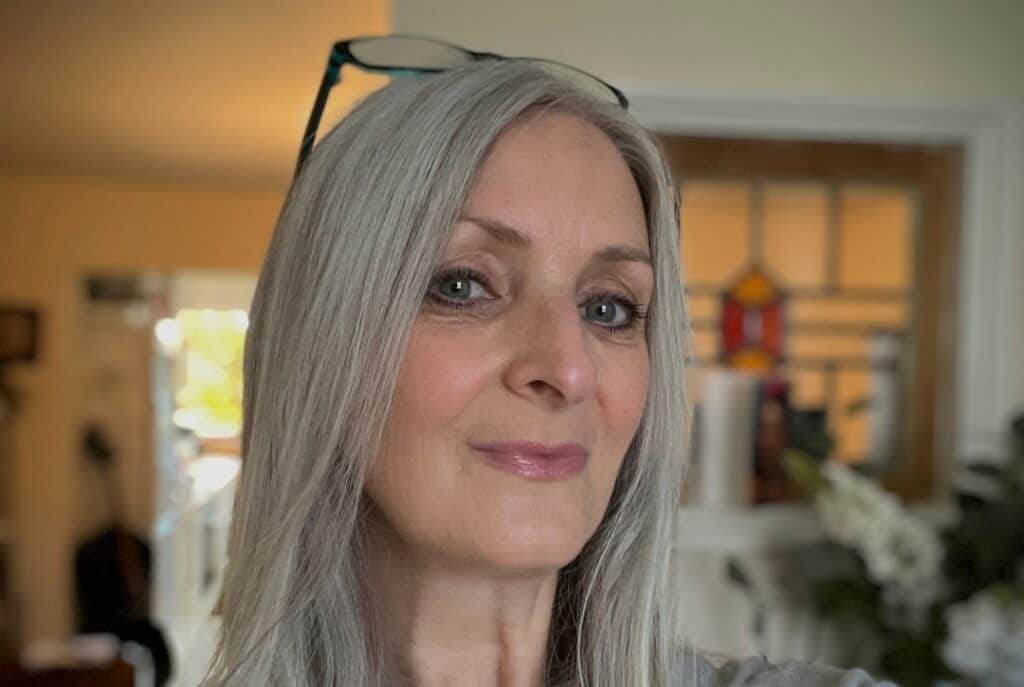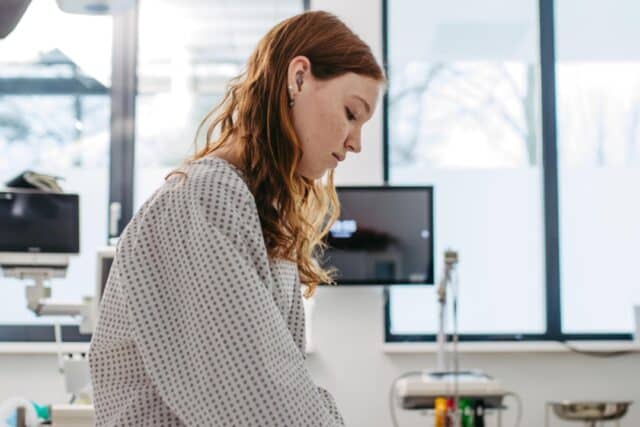
Far from being inclusive and accessible, most of Pip’s frequent interactions with NHS healthcare settings disregard her communication needs and leave her feeling isolated. Pip wants to see widespread training across the NHS to bring about better understanding of deafness and hearing loss.
Here Pip Lee, a hearing aid user and lipreader shares with us her stressful experiences of a recent NHS appointment.
Pip’s story
There are occasions when my interactions with the NHS have been positive. It’s rare, but when it happens it’s like a miracle!
Sadly, I’ve had far more appalling experiences – more than I can recount – but the icing on the cake was with ENT and audiology, the very specialisms you would expect to set a good example. But it’s a nightmare every time.
At one visit I saw they planned to roll out using pagers to alert patients rather than having to rely on hearing when a nurse calls you in. So, at my next appointment I asked if I could have a pager.
It came to my appointment time and my pager hadn’t buzzed, so I sat tight. I vaguely heard someone shouting, and when I looked up everyone was looking at me.
I waved at the shouting nurse, and it turned out she had been calling out my name. I explained that my pager hadn’t buzzed, and she apologised, repeating what the receptionist had told me; that nobody knew how to use the pagers, even though they’re really simple.
The situation got worse when I went in to see the consultant.
He refused to take off his facemask, so I couldn’t hear anything he was saying. He picked up his iPad to use the speech-to-text function, but the text it produced was gobbledygook.
I left only knowing that I would need an MRI of my brain, but when the post-appointment letter came, I was shocked to read it was to look for a possible tumour associated with my hearing loss and tinnitus.
Because the medical staff did not meet my communication needs, I missed that important information.
Thankfully I didn’t have a tumour, but the experience was up there as one of the most stressful, frustrating and patronising appointments I’d ever had.
About Pip
Pip, who’s 56 and lives in Suffolk, began experiencing tinnitus in her 20s and eventually lost her hearing in both ears. She also lives with a progressive neurological disorder that causes stiffness and weakness, so she has a lot of contact with NHS healthcare services.
